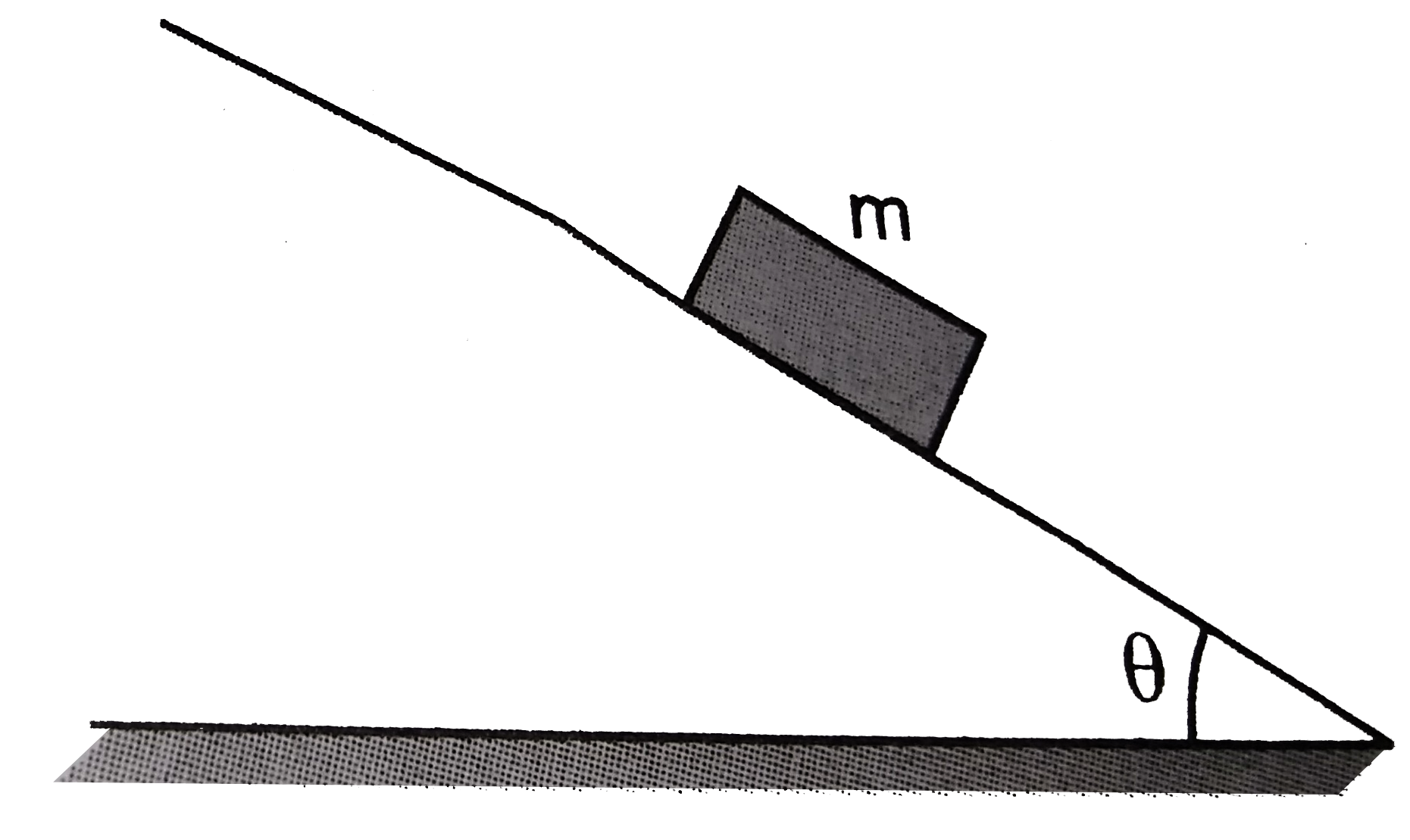Is it unreasonable to expect the coefficient of friction to exceed unity?
To determine whether it is unreasonable to expect the coefficient of friction to exceed unity, we can analyze the concept of the coefficient of friction and its implications.
1. Understanding the Coefficient of Friction:
- The coefficient of friction (μ) is defined as the ratio of the frictional force (F_friction) between two surfaces to the normal force (F_normal) acting on the object.
- Mathematically, this is expressed as:
μ=FfrictionFnormal
2. Typical Range of the Coefficient of Friction:
- Generally, the coefficient of friction lies between 0 and 1 for most materials. This means that the frictional force is usually less than or equal to the normal force.
3. Possibility of μ Exceeding 1:
- It is indeed possible for the coefficient of friction to exceed 1. This occurs in certain materials and conditions where the frictional force can be greater than the normal force.
- For example, materials like silicon rubber can exhibit a coefficient of friction greater than 1.
4. Implications of μ > 1:
- If μ > 1, this implies that the frictional force is greater than the normal force. This means that when trying to slide the object, the force required to overcome this friction is greater than the weight of the object.
- In practical terms, this means that while you can lift the object easily, it requires significantly more force to slide it across a surface.
5. Conclusion:
- Therefore, it is not unreasonable to expect the coefficient of friction to exceed unity under certain conditions and with specific materials.
- The coefficient of friction (μ) is defined as the ratio of the frictional force (F_friction) between two surfaces to the normal force (F_normal) acting on the object.
- Mathematically, this is expressed as:
μ=FfrictionFnormal
- Generally, the coefficient of friction lies between 0 and 1 for most materials. This means that the frictional force is usually less than or equal to the normal force.
- It is indeed possible for the coefficient of friction to exceed 1. This occurs in certain materials and conditions where the frictional force can be greater than the normal force.
- For example, materials like silicon rubber can exhibit a coefficient of friction greater than 1.
- If μ > 1, this implies that the frictional force is greater than the normal force. This means that when trying to slide the object, the force required to overcome this friction is greater than the weight of the object.
- In practical terms, this means that while you can lift the object easily, it requires significantly more force to slide it across a surface.
- Therefore, it is not unreasonable to expect the coefficient of friction to exceed unity under certain conditions and with specific materials.
Topper's Solved these Questions
Similar Questions
Knowledge Check
If the normal force is double, then coefficient of friction is,
AHalvedBTripledCDoubledDNot changedIf normal force becomes two times, then coefficient of friction
Atwo times,Bfour timesCremains same,DhalfWhat is the angle of friction, if the coefficient of friction between two surfaces is 0.25 ?
Aθ=sin−1(1√17)Bθ=cos−1(1√17)Cθ=tan−1(0.5)Dθ=cot−1(2)
If the normal force is doubled, the coefficient of friction is
View SolutionWhat is the relation between coefficient of friction and angle of repose ?
View SolutionWhat are the factors on which coefficient of friction depends ?
View SolutionIf the coefficient of friction is √3, the angle of friction is
View SolutionA block is stationary on an inclined plane If the coefficient of friction between the block and the plane is μ then
 .
.
View Solution

